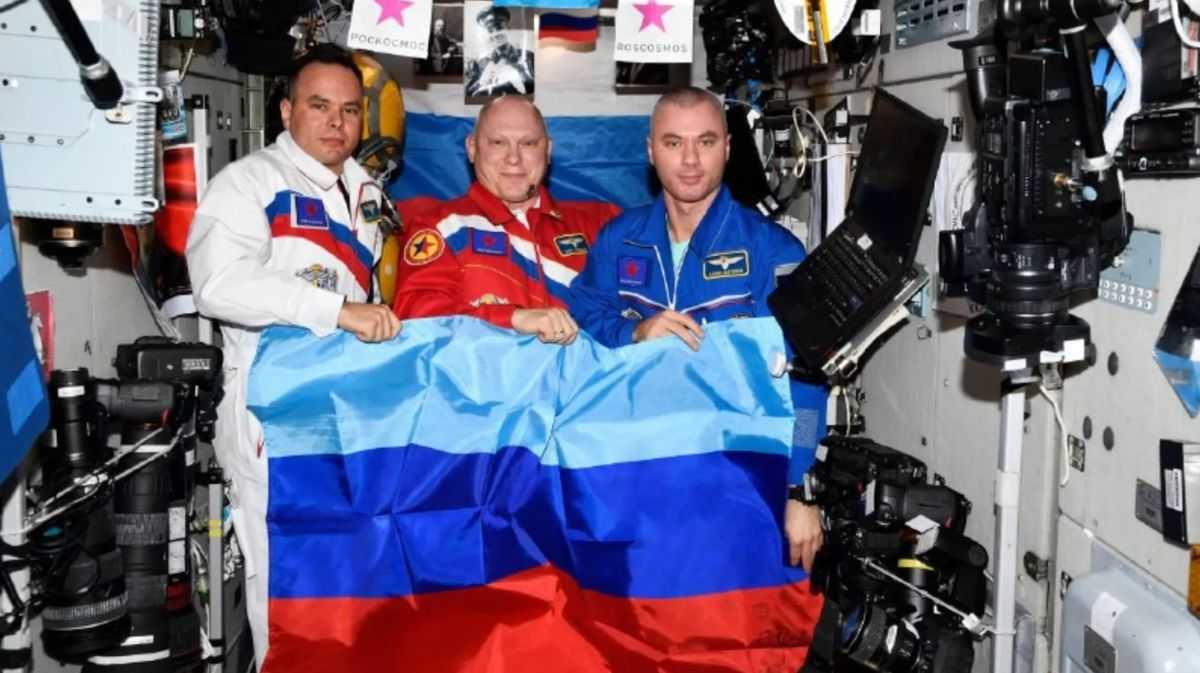World
Russia’s New Space Station to Launch in 2027, Risk Falling Behind Rivals: Roscosmos Chief

Russia’s Roscosmos space agency, led by Yuri Borisov, has warned that the country must act swiftly to launch its new space station or risk falling behind its rivals. These rivals include a joint project by the US, European, Canadian, and Japanese space agencies. Vladimir Putin, the President of Russia, has announced that the new space station will come online in 2027. Moscow’s Roscosmos space agency decided to build its own orbital outpost last year after leaving the International Space Station (ISS).
During a visit to a rocket corporation in Korolyov, President Putin emphasized the need to bring the entire new station into service once the resources of the ISS run out. He stated, “And in 2027, the first segment should be placed in orbit.” The ISS, launched in 1998, has been a symbol of international diplomacy and collaboration. However, Russia’s decision to leave the project was influenced by its severed ties with the West following the conflict in Ukraine. Although the country was initially planning to withdraw from the ISS in 2024, it will now remain on board until 2028.
Roscosmos boss Yuri Borisov has emphasized the urgency of Russia completing their own station quickly to avoid lagging behind other space agencies. He stated, “The ISS is getting old and will come to an end sometime around 2030. If we don’t start large-scale work on creating a Russian orbital station in 2024, it is quite likely we will lose our capability because of that time gap.” Currently, the ISS and China’s Tiangong Space Station are the only two stations in orbit. However, with the declining cost of space travel, private firms are also interested in building their own stations.
President Putin has also reaffirmed Russia’s commitment to its moon landing program, despite the failure of its most recent mission, Luna-25. He acknowledged the disappointment, saying, “Mistakes are mistakes – it is a shame for all of us. This is space exploration and everyone understands that. It is experience we can use in the future.” Luna-25 was intended to be Russia’s first lunar surface mission in almost 50 years, focusing on exploring the moon’s south pole for potential human habitation. However, it crashed before landing, leaving a noticeable crater observed by NASA scientists. India, on the other hand, successfully achieved a lunar landing just days after Russia’s failed attempt, making history in the process.












